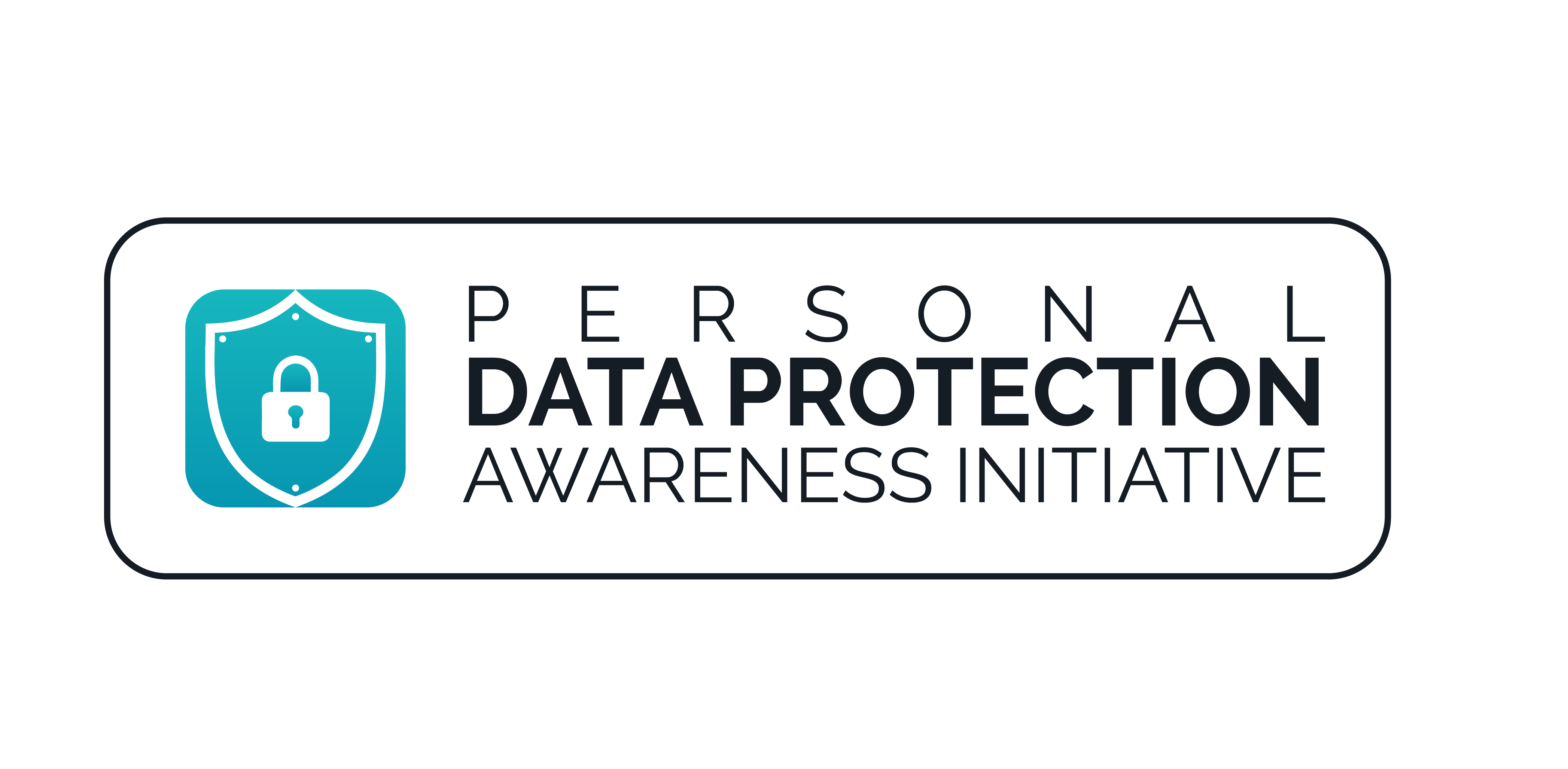
Building a Privacy Compliance Strategy for Companies in Nigeria
Data privacy is more than a legal requirement, it is a cornerstone for building trust and safeguarding sensitive information. For companies in Nigeria, complying with data protection laws and regulations such as the Nigeria Data Protection Act (NDPA) is essential to avoid penalties and maintain consumer confidence. The NDPA, outlines requirements on how personal data must be collected, processed, and protected, making it important for businesses to develop robust privacy compliance strategies.
The first step in building such a strategy is understanding the legal landscape. In addition to the NDPA, sector-specific regulations from entities like the Central Bank of Nigeria (CBN) for financial institutions and the Nigerian Communications Commission (NCC) for telecom operators must also be considered. The NDPA requires organisations to respect data subject rights, obtain explicit consent for data processing, conduct annual compliance audits, report breaches promptly, and conduct Data Protection Impact Assessments (DPIAs) for high-risk processing activities. Familiarity with these obligations ensures a solid foundation for compliance.
Appointing a Data Protection Officer (DPO) is essential for overseeing privacy initiatives. The DPO’s role includes monitoring compliance, acting as a liaison with regulators, and fostering a culture of data protection within the company. While larger organisations may have a dedicated DPO, smaller companies can assign this role to an existing employee with sufficient training or outsource the role to an external DPO. Regardless of the approach, the DPO must have the expertise and authority to implement effective privacy measures.
Conducting a comprehensive data audit is another critical component. This process identifies all the personal data collected, how it is processed, stored, and shared, as well as its sources. By mapping data flows and classifying data based on sensitivity, companies can pinpoint vulnerabilities, such as excessive data collection or insecure sharing practices, and take corrective action. This audit serves as the backbone of an informed and risk-aware compliance strategy.
Transparency with customers and stakeholders is vital in any privacy compliance effort. Companies must develop clear privacy policies and privacy notices that outline how personal data is handled, the purposes of data collection, and the rights of data subjects. These documents should be written in straightforward language and be readily accessible, ensuring users can make informed decisions about their data.
Implementing strong technical and organisational measures to safeguard data is non-negotiable. These measures include restricting access to sensitive data, encrypting information during storage and transmission, and maintaining regular backups. Developing and testing an incident response plan ensures swift and effective action in the event of a data breach, reducing the impact on affected parties and the organisation.
Employee training is equally important. Staff members must be educated about the importance of data privacy, how to handle data securely, and how to identify potential threats such as phishing or social engineering attempts. Regular training sessions help create a workforce that is vigilant and well-prepared to uphold the organisation’s compliance standards.
Companies must also monitor third-party vendors to ensure their compliance with data protection requirements. This involves conducting due diligence before onboarding vendors, incorporating robust data protection clauses in contracts, and auditing their privacy practices regularly. As data breaches often occur through third-party relationships, managing these risks is crucial.
Privacy compliance is an ongoing process, requiring continuous evaluation and improvement. Regular compliance reviews can assess adherence to regulations, the effectiveness of existing policies, and the need for updates in light of new technologies or legal changes. Engaging a Data Protection Compliance Organisation to provide an unbiased review of oranisational and technical measures that has been put in place is necessary for filing the Compliance Audit Report with the Nigeria Data Protection Commission, thereby helping businesses strengthen their compliance framework.
Leveraging technology can significantly enhance compliance efforts. Tools for data mapping, automated consent management, and incident response can simplify complex processes and improve efficiency. Investing in such technologies is not just about meeting legal obligations but also about creating a competitive advantage in a privacy-conscious market.
Finally, proactive engagement with the Nigeria Data Protection Commission is highly beneficial. By seeking guidance, participating in workshops, and reporting compliance challenges, companies can stay ahead of regulatory developments and demonstrate their commitment to data protection.
In conclusion, a privacy compliance strategy is a critical aspect of operating a data-driven business in Nigeria. By aligning with the NDPA and other relevant laws, companies can protect themselves from legal risks, enhance customer trust, and secure their position in the growing digital economy. A well-executed strategy is not just about avoiding penalties. It is about fostering long-term success and sustainability in an increasingly data-driven world.



